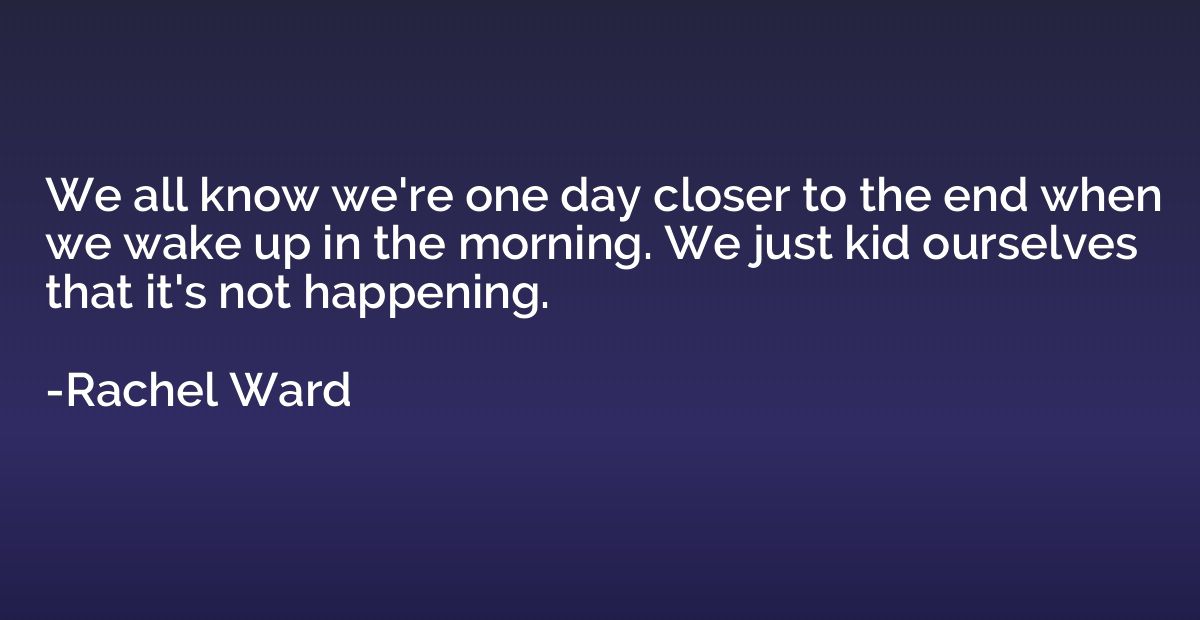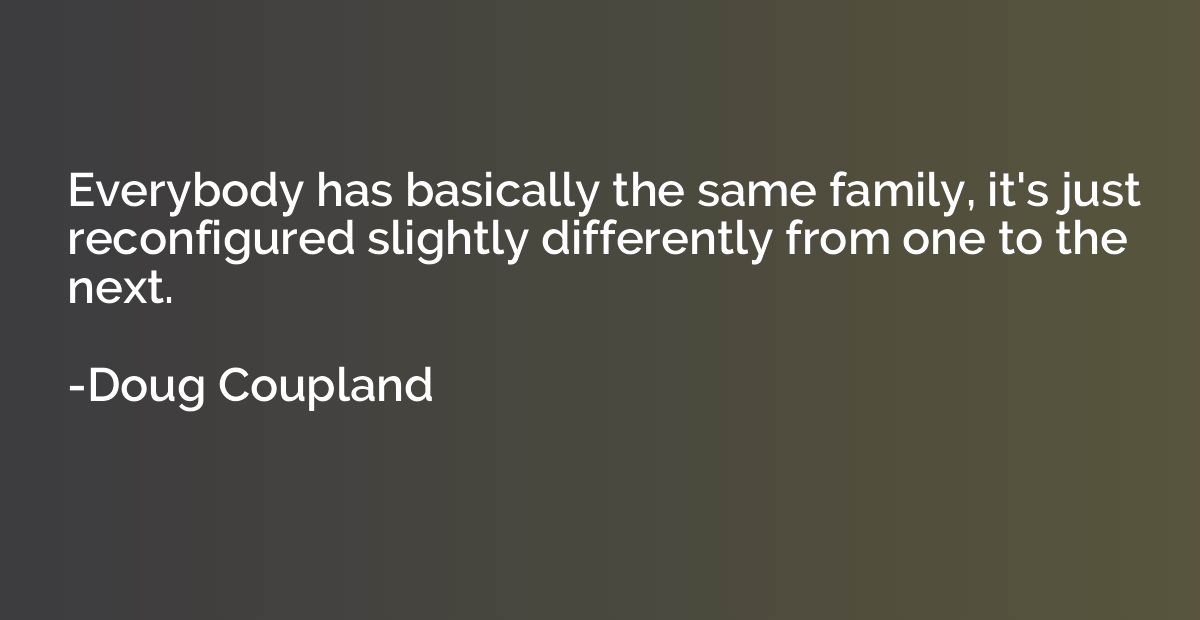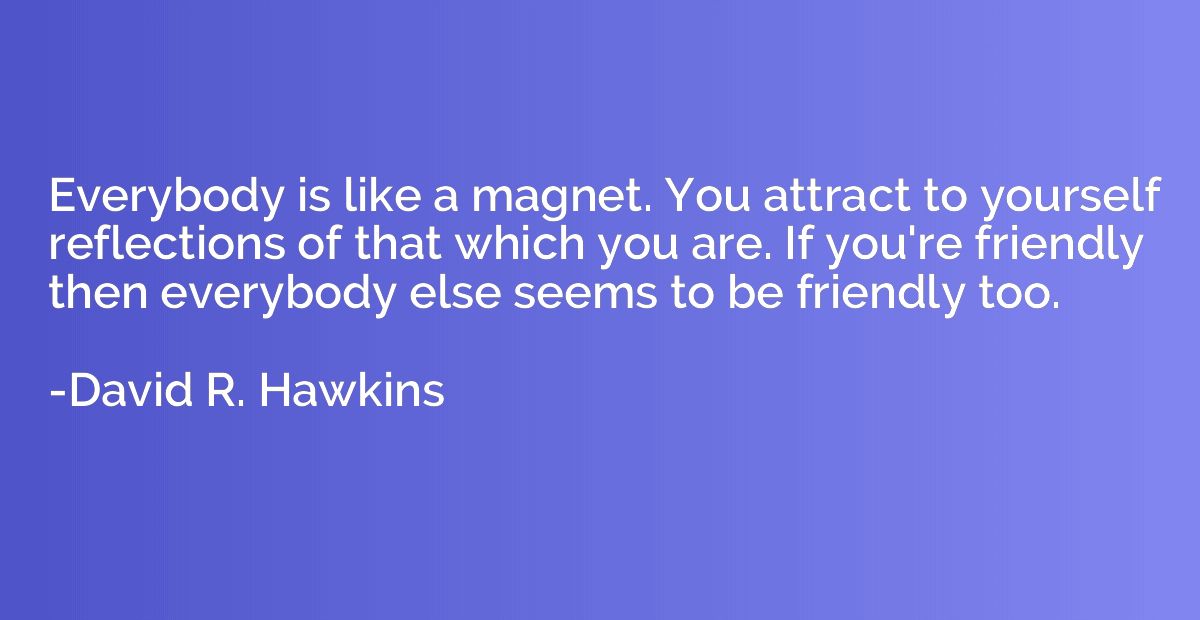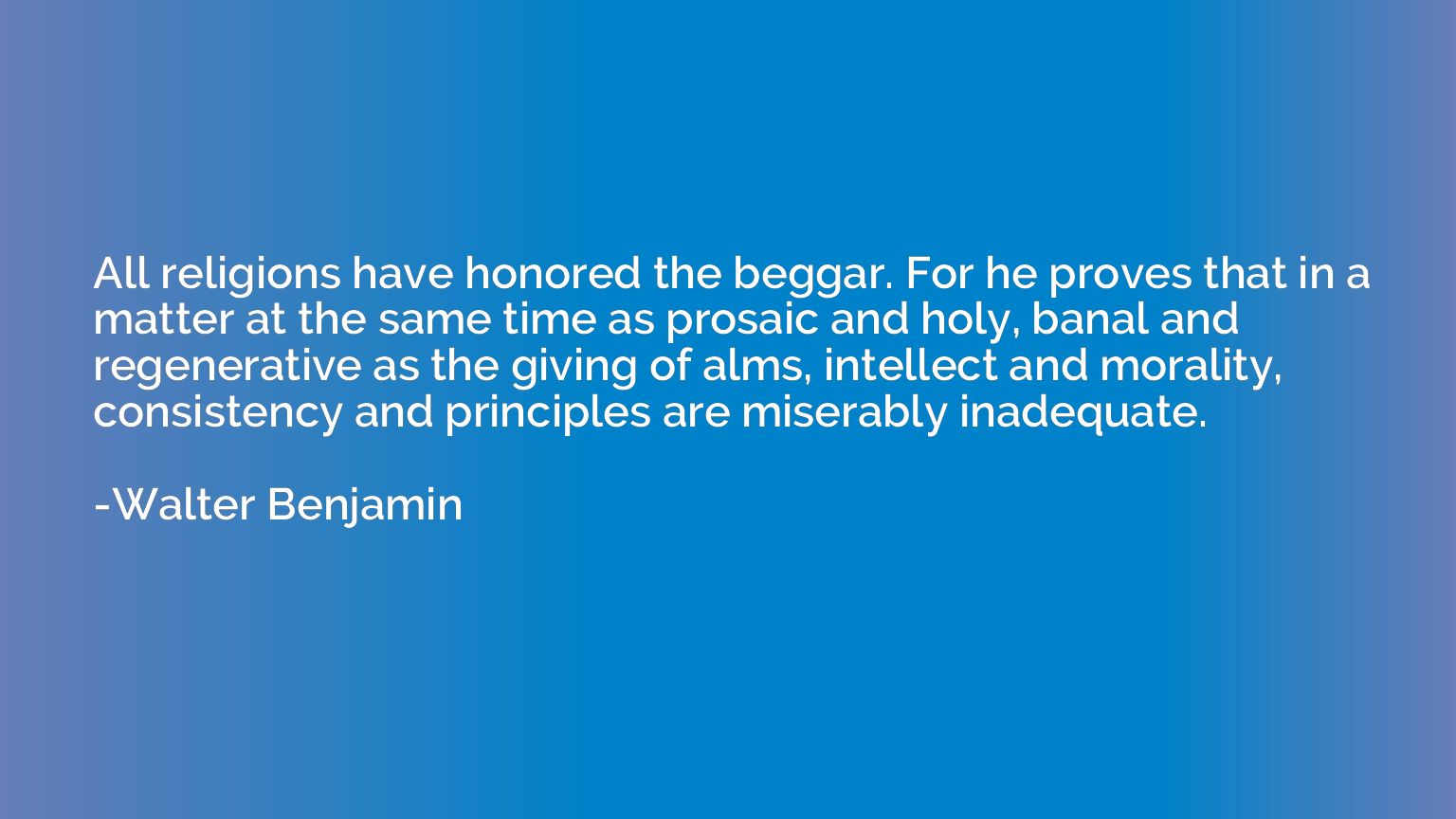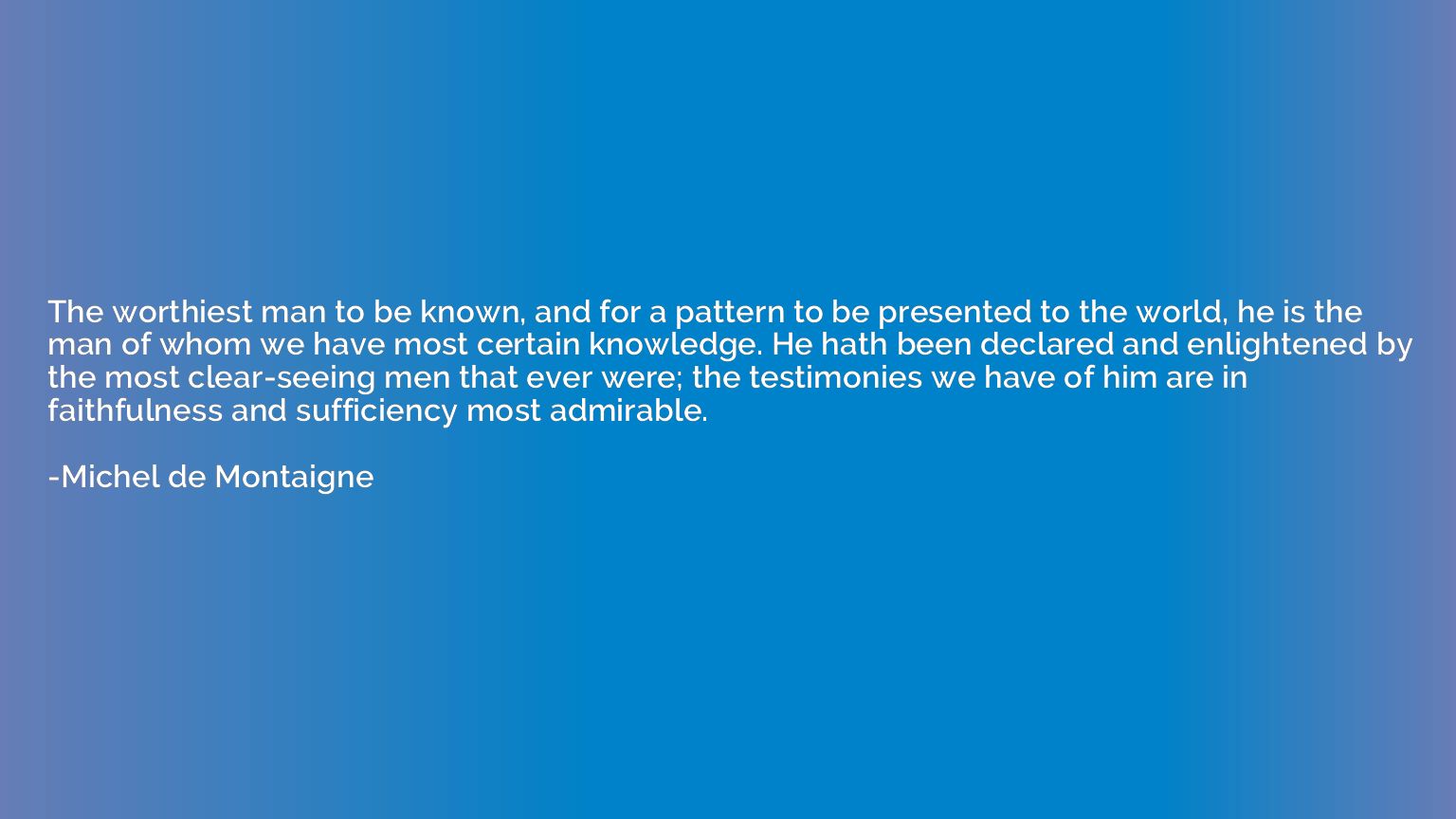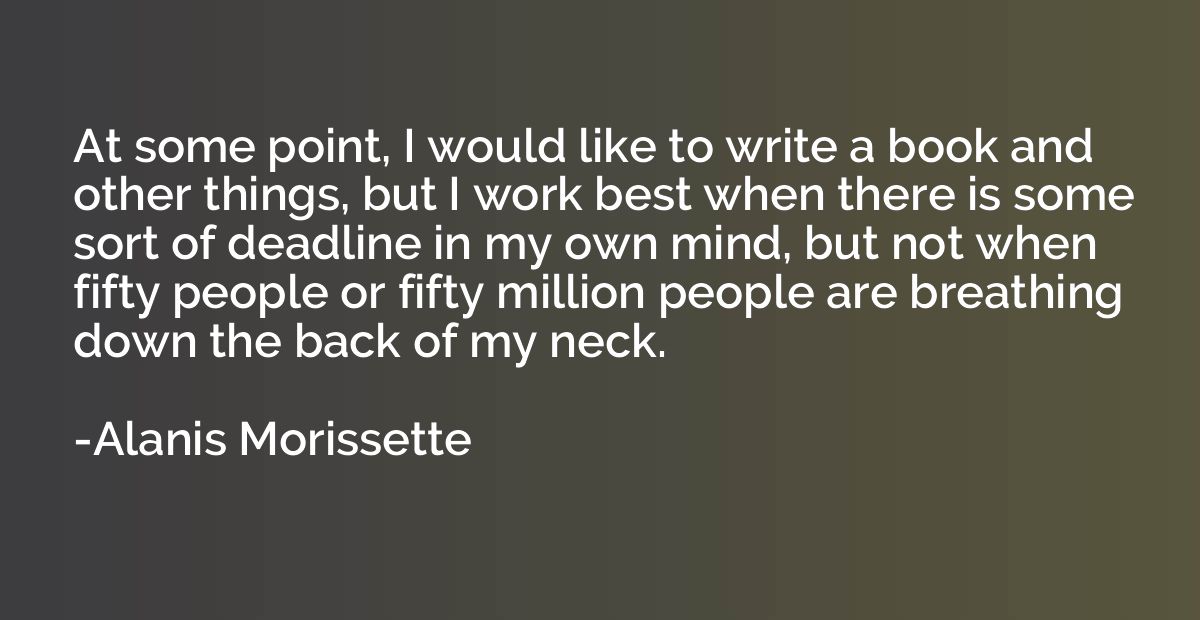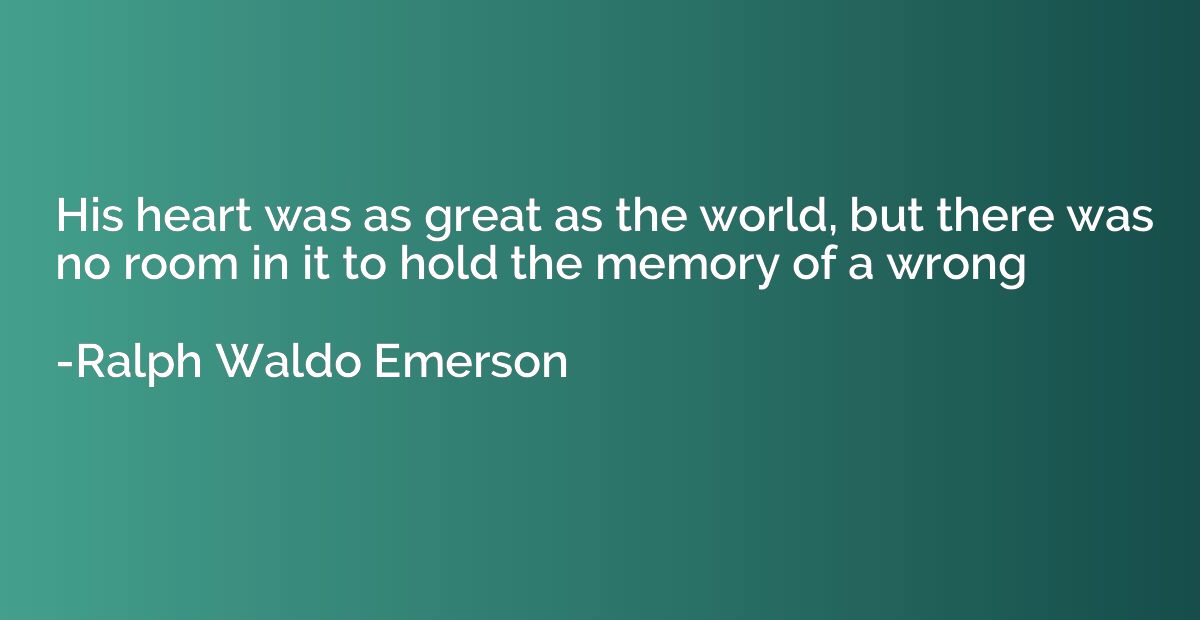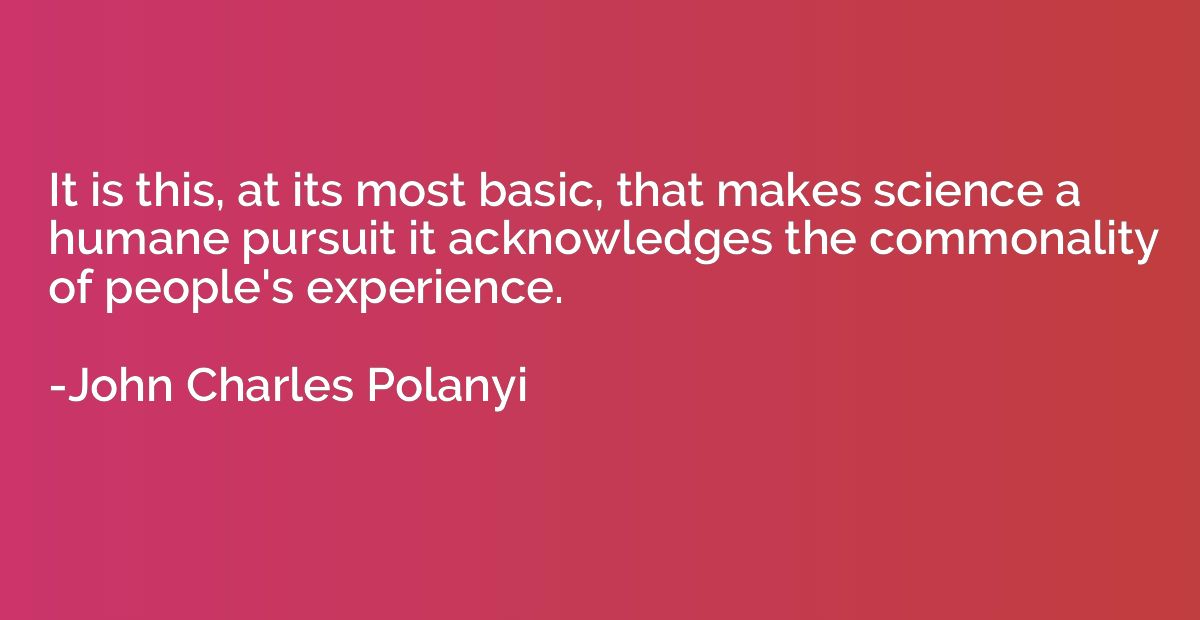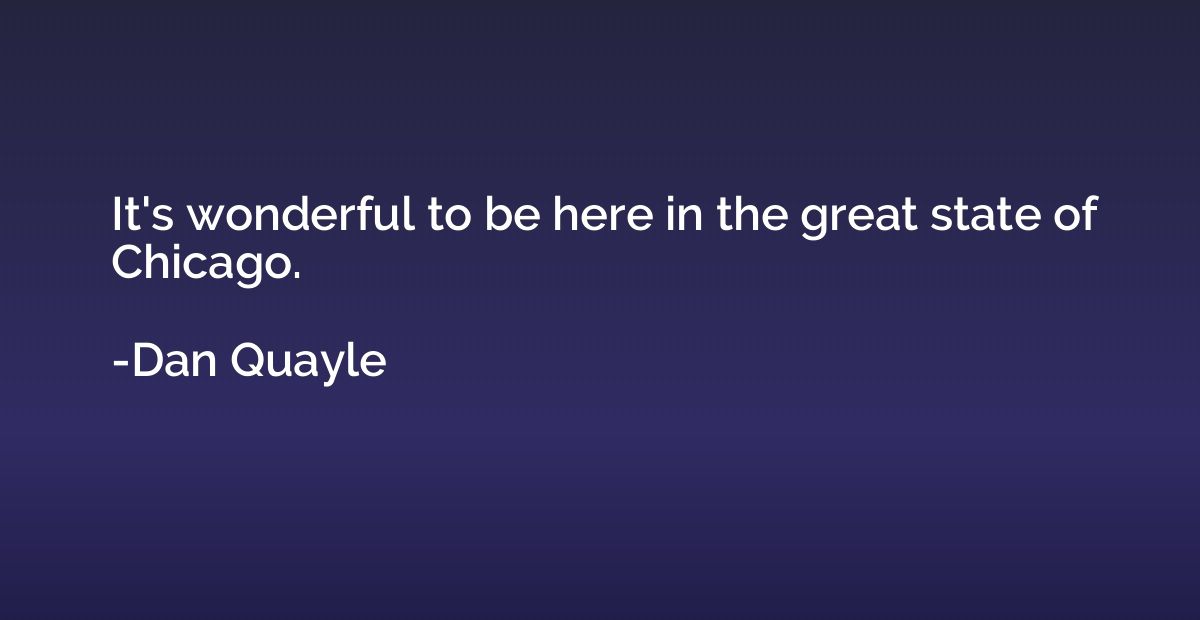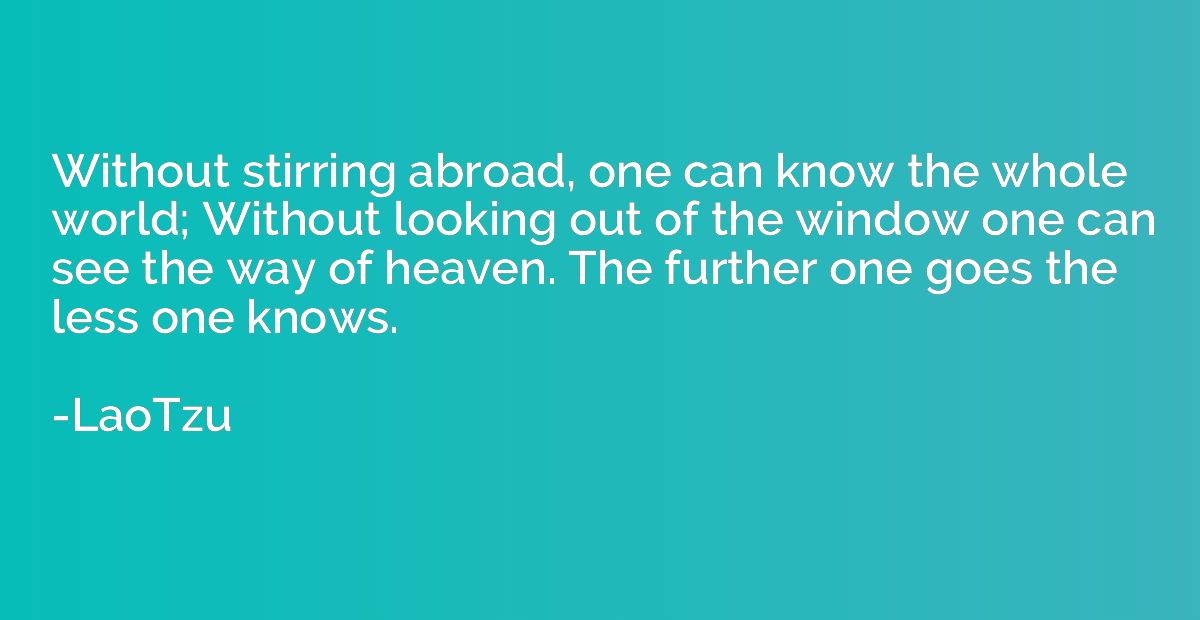Quote by Michel de Montaigne
Memory is the receptacle and case of science: and therefore mine being so treacherous, if I know little, I cannot much complain. I know, in general, the names of the arts, and of what they treat, but nothing more. I turn over books; I do not study them. What I retain I no longerrecognise as another's; 'tis only what my judgment has made its advantage of, the discourses and imaginations in which it has been instructed: the author, place, words, and other circumstances, I immediately forget; and I am so excellent at forgetting, that I no less forget my own writingsand compositions than the rest. I am very often quoted to myself, and am not aware of it. Whoever should inquire of me where I had the verses and examples, that I have here huddled together, would puzzle me to tell him, and yet I have not borrowed them but from famous and known authors, not contenting myself that they were rich, if I, moreover, had them not from rich and honourable hands, where there is a concurrence of authority with reason. It is no great wonder if my book run the same fortune that otherbooks do, if my memory lose what I have written as well as what I have read, and what I give, as well as what I receive.
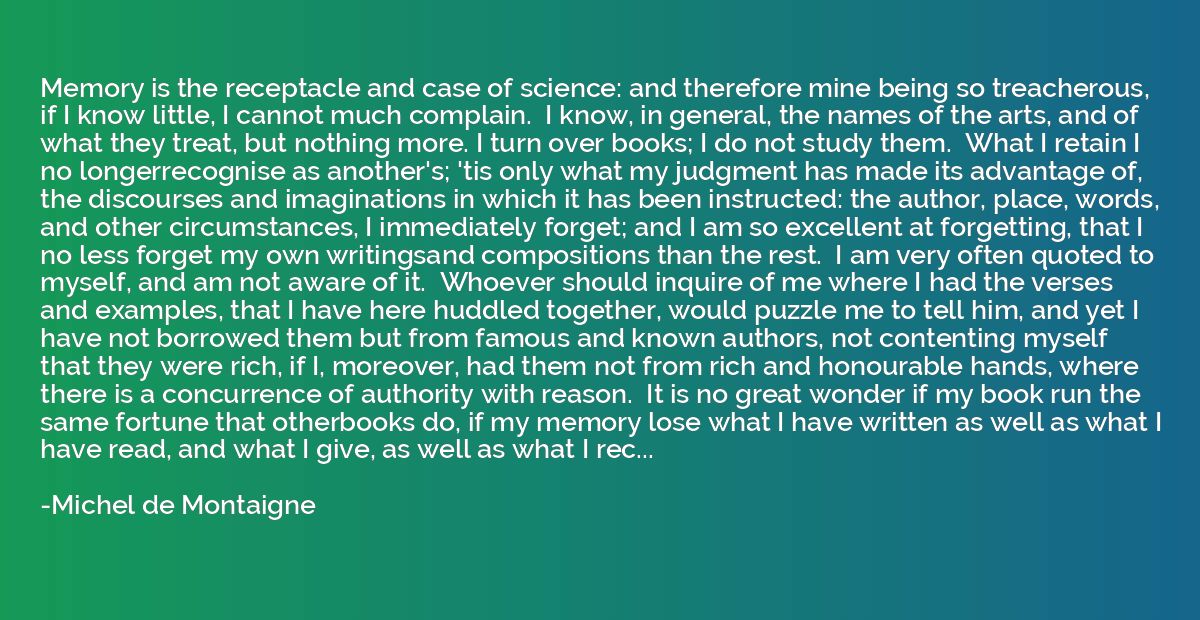
Summary
In this quote, the author reflects on the limitations of their memory and its impact on their understanding of knowledge. They accept that their memory is treacherous, resulting in a lack of deep knowledge. They admit to merely skimming through books rather than studying them, retaining only the ideas that have benefited their own judgment. Furthermore, they confess to forgetting not only others' writings but also their own. Despite this, they acknowledge the importance of referencing well-known and respected authors, emphasizing the need for authority and reason in the acquisition of knowledge. The author's self-awareness of their own memory's shortcomings demonstrates humility and a recognition of human fallibility.



